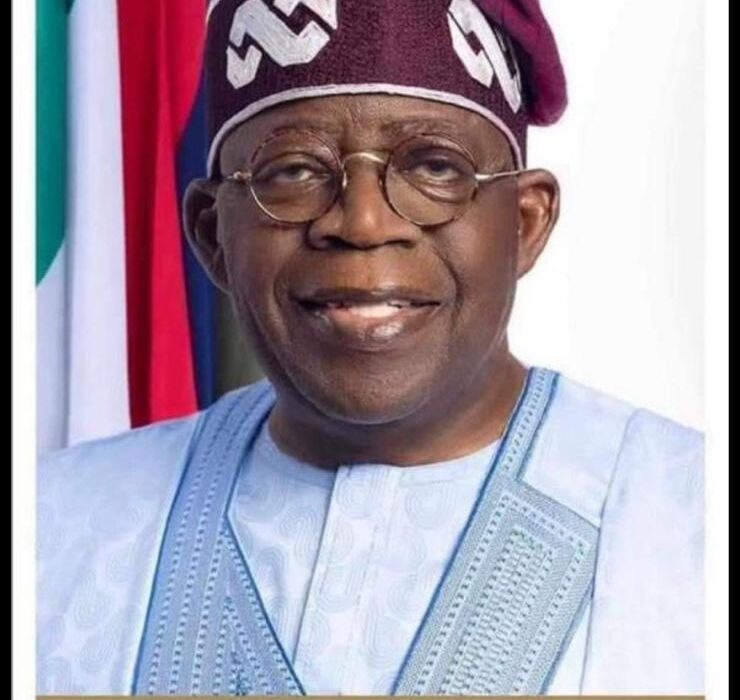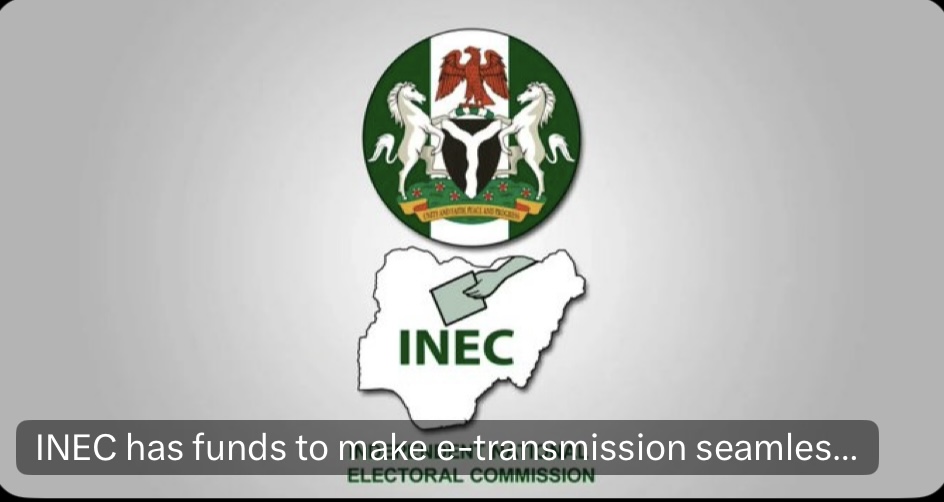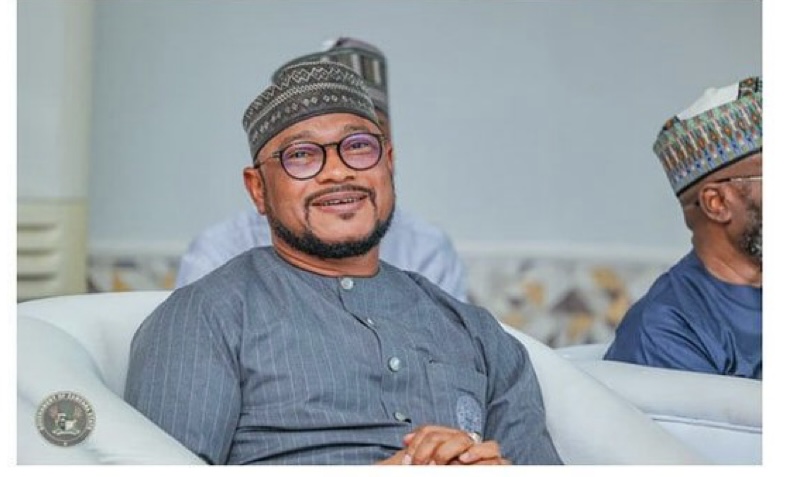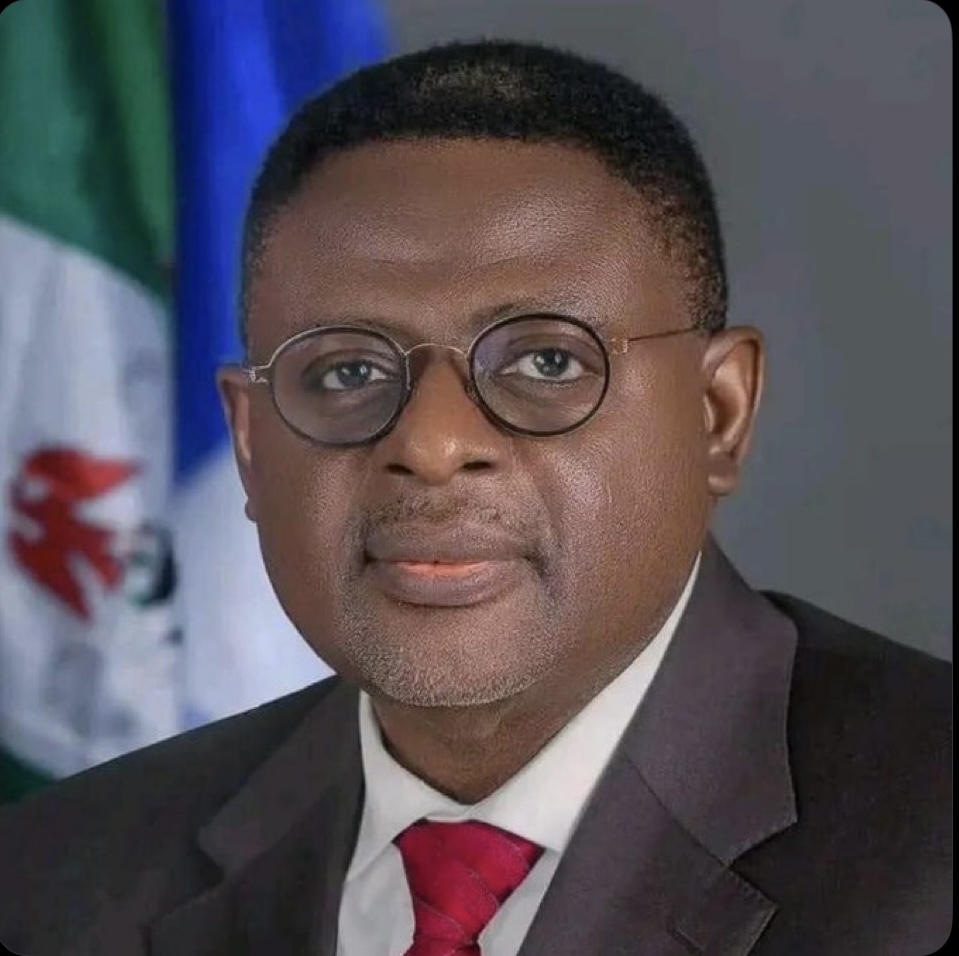Tinubu Saving Kidneys, Lives of Nigerians with 80% Dialysis Subsidy

I was tempted to caption this intervention “Potent Dangers of Unreported Policies” but had to be more direct to drive home the point, nevertheless. Follow me and you will get my drift, as launching the best policy without keeping the populace and beneficiaries abreast of how to access it is akin to lighting a candle and hiding it inside a drum.
On March 7, 2025, the federal government rolled out one of the most humane interventions in Nigeria’s health sector, an 80% subsidy on kidney dialysis services across 11 federal hospitals. The initiative, launched by President Bola Ahmed Tinubu as part of the cushioning measures after subsidy removal, slashed the cost of dialysis from ₦50,000 per session to just ₦12,000.
It was a lifesaving policy, quietly launched in federal medical centres from Ebute-Metta to Jabi, Owerri to Abeokuta, down to Azare, Ibadan, Maiduguri, Lagos, Benin, and Calabar.
But here lies the paradox: a policy that should have been celebrated nationwide remains largely unknown to the very citizens it was designed to save.
This week, a storm brewed on Twitter. Video director and cinematographer TG Omorir lamented that dialysis still costs “₦100,000 plus” per session in Nigeria, asking rhetorically how many sessions a worker earning the new ₦70,000 minimum wage could afford. His outrage struck a chord with many Nigerians who know the crushing cost of chronic kidney disease.
Yet, almost immediately, the special assistant on new media stepped in to set the record straight: dialysis is available at ₦12,000 in federal medical centres, thanks to Tinubu’s subsidy policy. An anonymous consultant at FMC Jabi, Abuja, confirmed the same, insisting the subsidy is “very much intact and in place”.
The doctor, however, admitted what many critics fear that low awareness and weak implementation mean most patients are still paying cutthroat rates elsewhere.
To be fair, the Ministry of Health and the Ministry of Information did post about the subsidy on their social media platforms, but a handful of tweets and press statements are too little and not enough. Nigerians should not need to stumble across a buried announcement online to discover a policy that could save their lives. And this is not an isolated case: the same silence shrouds other interventions.
For instance, the federal government’s free LPG cylinder distribution programme meant to help households shift from firewood to cleaner cooking gas is also still news to some, making it look as if policies aimed at benefitting the populace are audio policies but are not. Policies that could transform lives are often lost in the shadows of poor communication, as is evident.
This disconnect reveals a deeper crisis: policy without publicity is as good as policy without impact. The government may have delivered relief on paper, but what good is a lifeline if the drowning have no idea it exists? Worse still, where officials fail to trumpet the president’s interventions, profiteering middlemen in the health sector continue to fleece desperate and helpless patients.
The dialysis subsidy should be a model of people-centred governance, yet it risks becoming another underreported achievement, swallowed by poor communication and weak monitoring. For a government that prides itself on “Renewed Hope,” silence is not just costly, it is dangerous. Lives are literally at stake.
Until government turns this silent policy into a loud rescue mission, ₦12,000 dialysis will remain a rumour, not a right. And in that silence, lives will continue to slip away. It will be akin to dialoguing with the blind, deaf and dumb.
Comrade Bamidele Atoyebi is of Accountability and Policy Monitoring, public commentator, and human rights activist. He is also of BAT Ideological Group wrote in from Abuja









